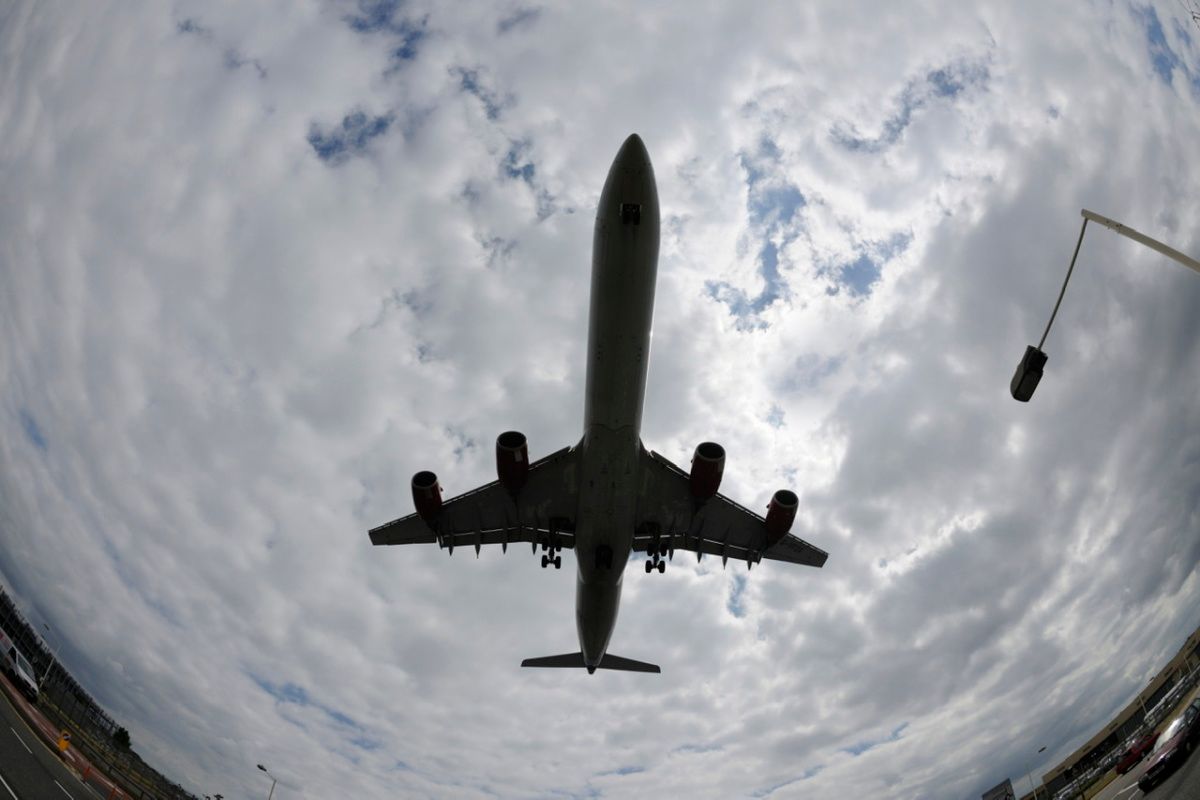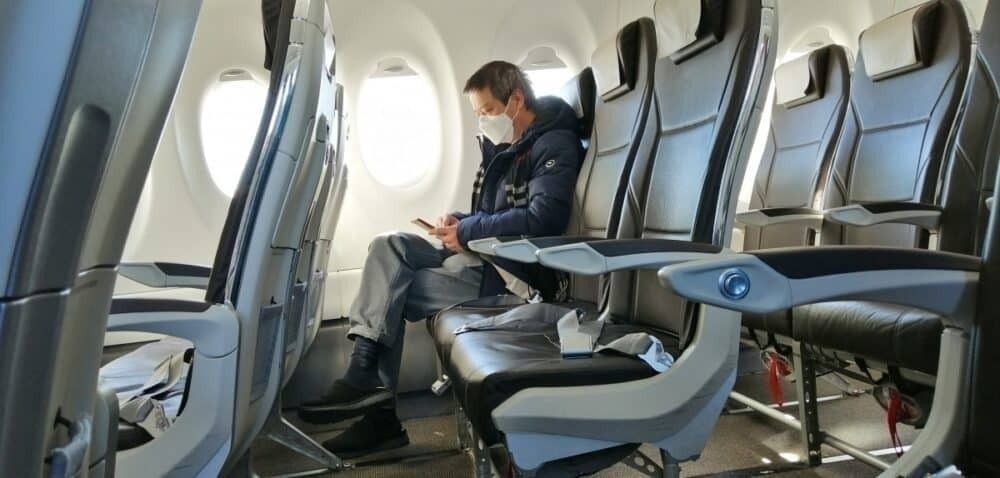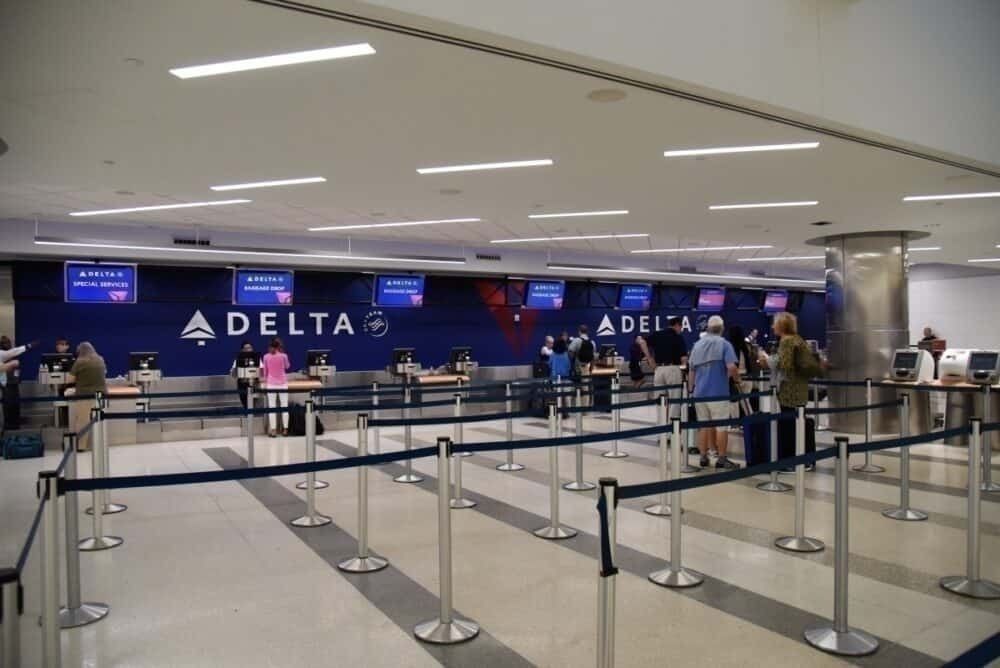The International Air Transport Association (IATA) has today issued a gloomy estimation of the drop in air traffic in 2020 over last year’s numbers. After a dismal summer and a slower than expected recovery, passenger numbers are likely to be down by 66%. IATA had previously forecast a 63% fall.
IATA’s downgraded traffic forecast
In a press release, IATA says demand for air travel in August remained hugely depressed after a slower than expected recovery from the coronavirus pandemic. Revenue passenger numbers (RPKs) saw a drop of 75.3% over the same month in 2019, which is only a slight improvement over the 79.5% fall experienced in July.
Stay informed: Sign up for our daily aviation news digest.
With restrictions still in place at many international borders, domestic air travel outperformed international markets but remained substantially down on 2019 figures. Available seat kilometers (ASKs) for August dropped by 63.8%, while the load factor (PLF) reached an all-time low for August at 58.5%
While air passenger services had begun to recover as many nations emerged from the worst of the coronavirus, flight data shows that the recovery came to a stop in mid-August. New outbreaks of COVID-19 forced governments to reintroduce strict measures at their borders to try and reduce the risk of air travelers bringing in infections.
The numbers of advance bookings for the fourth quarter show that the recovery from the low point in April will continue to be hesitant. Previously, IATA had expected the year-on-year growth of RPKs to be at -55% by December. But with a much weaker recovery now expected, it has forecast that December numbers will be down by 68% over 2019.
, IATA’s Director General and CEO said,
“August’s disastrous traffic performance puts a cap on the industry’s worst-ever summer season. International demand recovery is virtually non-existent and domestic markets in Australia and Japan actually regressed in the face of new outbreaks and travel restrictions. A few months ago, we thought that a full-year fall in demand of -63% compared to 2019 was as bad as it could get. With the dismal peak summer travel period behind us, we have revised our expectations downward to -66%.”
Domestic and international passenger markets
International passenger demand in August slumped by 88.3% over 2019. The most significant drop was experienced by Asia-Pacific airlines whose passenger numbers fell by 95.9% compared to August last year. Carriers in North America, Latin America, Africa, and the Middle East were not far behind. European airlines fared a little better with a drop of 79.9%.
Domestic traffic in August fell by 50.9%, which is a small improvement over the fall of 56.9% seen in July. In the US, air traffic was down by 69.3%, not helped by new COVID-19 outbreaks and quarantines in key markets. Russia was the first region to experience a rise in traffic since the global pandemic began. It saw an increase of 3.8% over August 2019.
IATA CEO says governments should step in
Alexandre de Juniac said that the busy summer season in the Northern Hemisphere would usually generate cash to tide the airlines over the quieter autumn and winter months. This year, the dismal summer means no such protection is available. Without the reopening of international borders and government relief measures, hundreds of thousands of airline jobs will be lost. He said,
“We need an internationally agreed regime of pre-departure COVID-19 testing to give governments the confidence to reopen borders, and passengers the confidence to travel by air again.”
Being able to travel is absolutely key to doing business in the global economy, and there is so much to be gained from reopening borders.
Do you think international borders should reopen and pre-travel coronavirus testing introduced?



